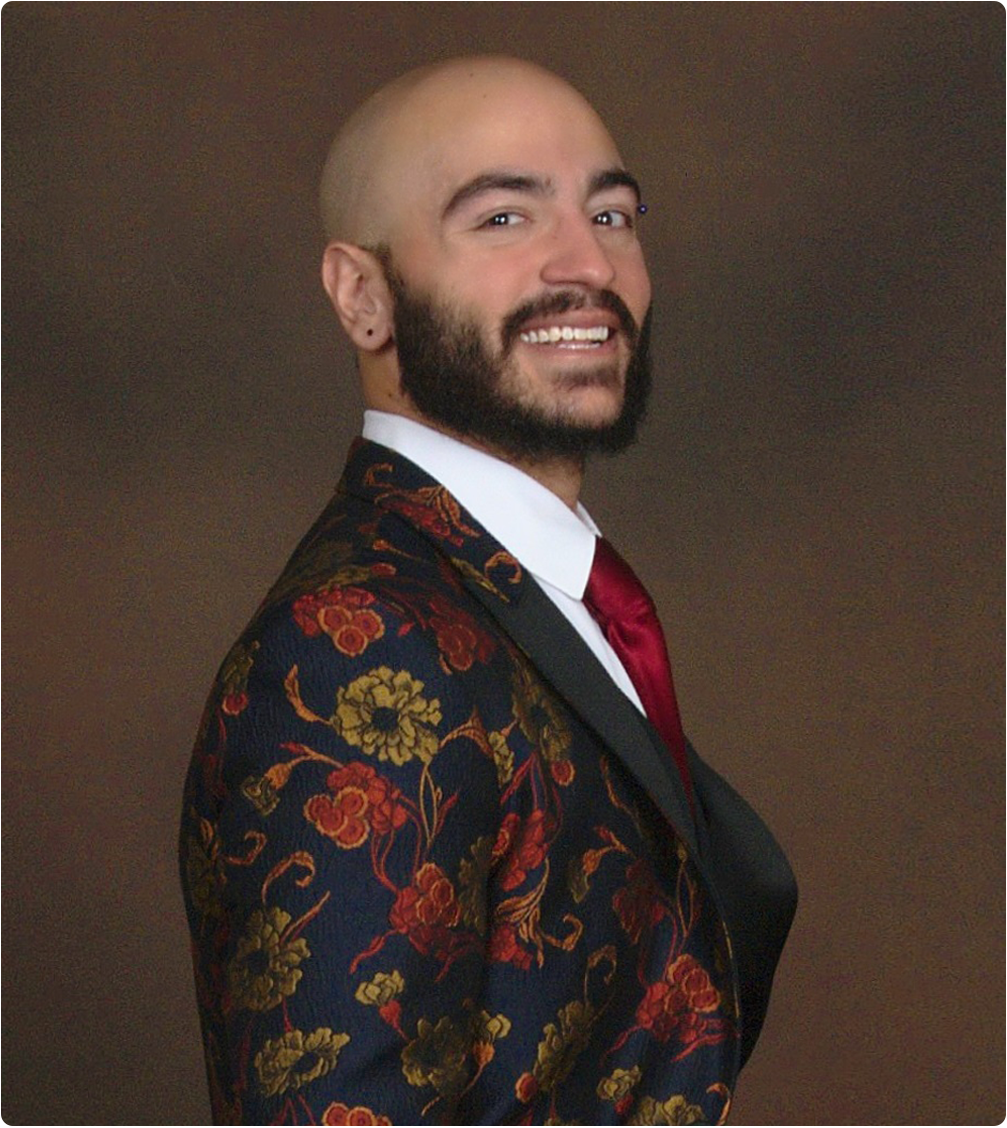

How to Prepare for Post-Doctoral Fellowship Interviews
Learning Objectives
Upon completion of this comprehensive and engaging course, you will be able to:
- Describe best practices in preparing for in-person vs. remote post-doctoral fellowship interviews
- List key tasks to accomplish the night before and the morning of your interviews
- Identify the 5 core components of an average interview day
- Compare and contrast the most common interview configurations
- Review the 4 key types of graduate school interview questions and use templates to answer them
- State the best questions to ask faculty, staff, and student interviewers
- Identify how to use evidence-based nonverbal communication strategies to improve an interviewer’s perception of you
- Avoid the 9 most common mistakes made by applicants during post-doctoral fellowship interviews
- Discuss best practices in what to do after you have completed your interviews in order to maximize your likelihood of acceptance
Instructor

Jay Phoenix Singh, PhD, PhD is a Fulbright Scholar and the internationally award-winning Executive Director of Publication Academy. Author of over 85 peer-reviewed articles and book chapters (average 400+ citations/year since 2010) as well as 4 books (published by Routledge, Wiley, Sage, and Oxford University Press), he completed his graduate doctoral studies in psychiatry at the University of Oxford and clinical psychology at Universität Konstanz. He was named the youngest tenured Full Professor in Norway in 2014 before accepting faculty appointments at the University of Cambridge as well as the University of Pennsylvania. Since this time, he has become the only psychology professor to have lectured for all eight Ivy League universities (Harvard, Yale, Princeton, Columbia, Cornell, Brown, Dartmouth, UPenn) as well as both Oxford and Cambridge. Dr. Singh has provided keynote speeches at leading academic conferences on six continents, and his work has been featured in leading newspapers such as The Washington Post and magazines such as People. He has been the recipient of awards from organizations including the American Psychological Association, the Royal College of Psychiatrists, the Society for Research in Child Development, the Society for Research in Adolescence, the American Board of Forensic Psychology, the American Psychology-Law Society, and the European Congress on Violence in Clinical Psychiatry.

